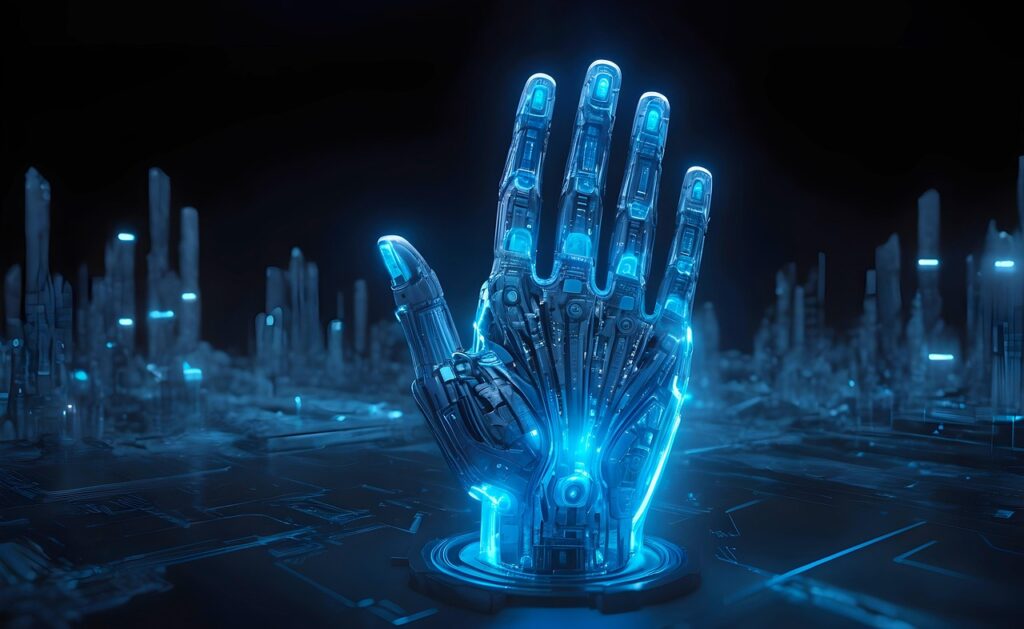UN Begins Discussions on Regulating Autonomous Lethal Weapons: Progress or Warning Sign?
On May 12, 2025, the United Nations Headquarters held its first informal talks on Lethal Autonomous Weapons Systems (LAWS). This meeting was based on UN General Assembly Resolution 79/62 adopted in December 2024 and marked the first official effort to establish international standards for autonomous weapons.
UN Secretary-General António Guterres stated in a video message, “Machines deciding life and death without human control is politically unacceptable, morally repugnant, and must be prohibited under international law.” He called for an international regulatory framework by 2026, calling it “the last chance to safeguard humanity’s future.”
However, countries including the US, China, Russia, and India showed reluctance toward joint regulations. These nations argued that autonomous weapons could improve accuracy and reduce civilian casualties and that their own ethical guidelines were sufficient.
Military Advancement or Ethical Collapse?
LAWS refer to weapons capable of identifying and attacking targets without direct human commands. As of 2024, about 30 countries are developing such technologies, and Russia and Israel have deployed some on battlefields. Certain drones and combat robots already make autonomous decisions about firing.
This technology raises serious concerns as it represents the first ‘kill system without ethics.’ The fundamental issue is that machines decide human life and death. Questions about war ethics, responsibility, and civilian harm remain unclear.
International human rights groups warn that “AI weapons, lacking emotions, are more vulnerable to discrimination and mistakes,” urging swift regulation.
Who Defines the Value of Life?
Technology can improve lives, but without clear limits, convenience can become dangerous. Autonomous weapons are not just military innovation but a choice about where humanity draws the ‘line of life.’
The crucial question is: who sets that line? Nations, engineers, or international agreements? And does human dignity and ethics take precedence? Delays in regulation blur the boundaries, and once activated, these machines may cause irreversible consequences.
What Does the Bible Say in the Age of Control Systems?
The Bible does not forbid or fear technology itself but takes a firm stance against attempts to control human free will and life.
Revelation 13:16–17 says, “He causes all, both small and great, rich and poor, free and slave, to receive a mark on their right hand or on their foreheads, and that no one may buy or sell except one who has the mark.” This passage warns not about a specific system but about a controlled society where human choice is removed.
When control systems like AI weapons replace human decision-making, we move toward a world without choice. Technology may mean progress, but if it becomes a system of control, it becomes another form of bondage.
Standing at the Crossroads Ahead
We stand at a critical choice: to use technology while protecting humanity or to be absorbed into a system prioritizing efficiency over human value.
The UN talks are only the beginning. Without decisive actions from countries and civil society, effective regulation is unlikely. Believers and all people must watch this development closely.
Maeil Scripture Journal | Today’s World, A View Through the Word




